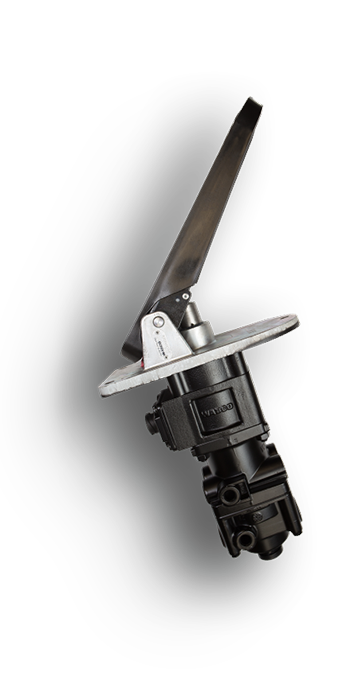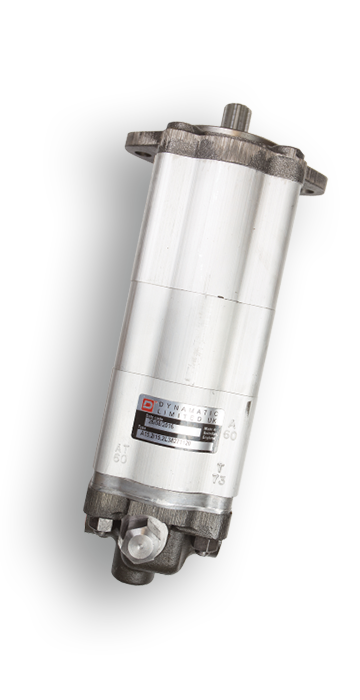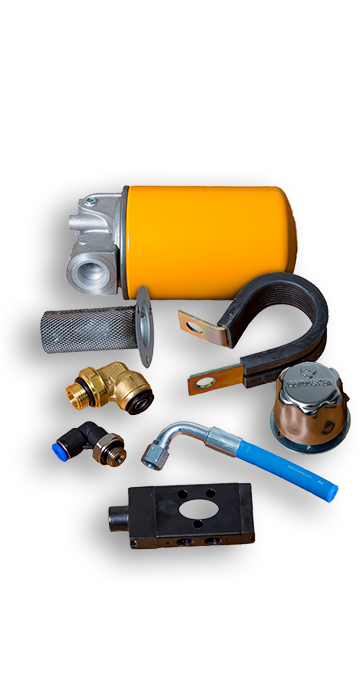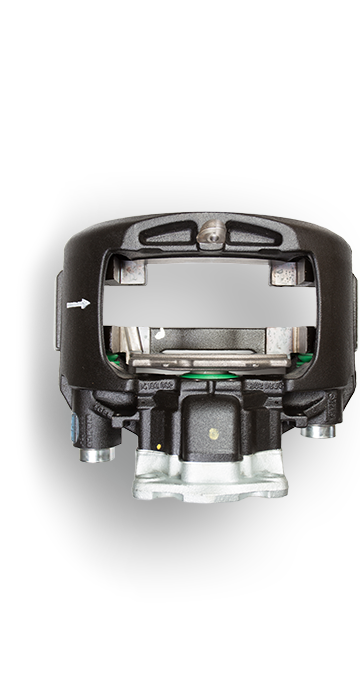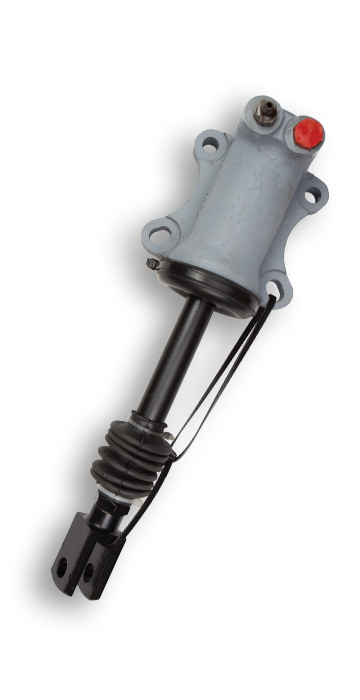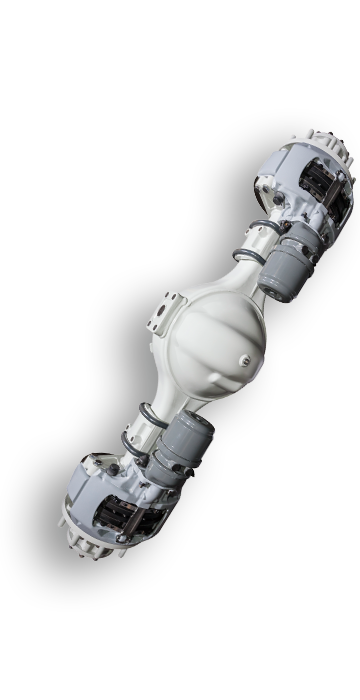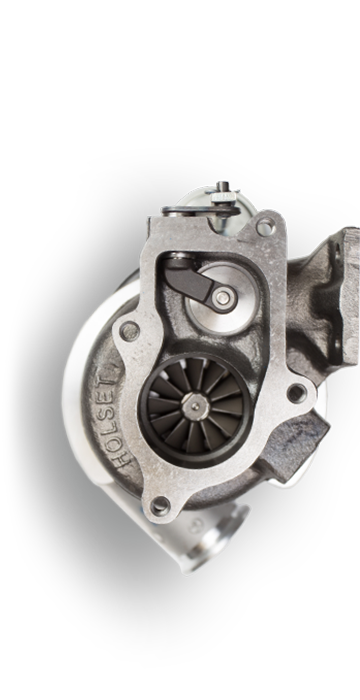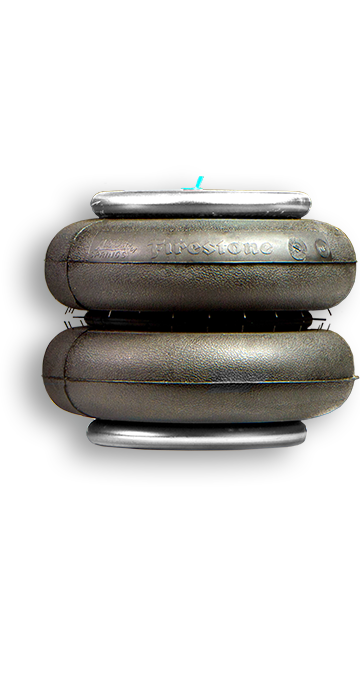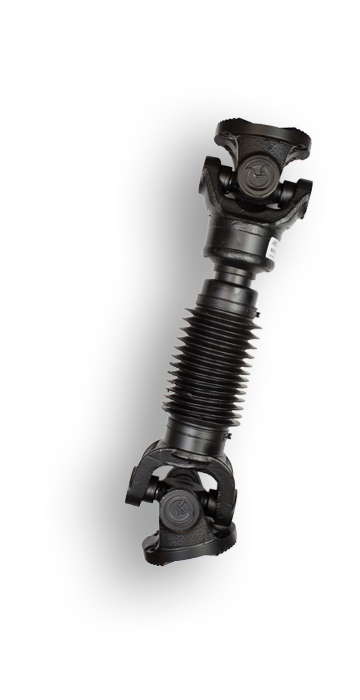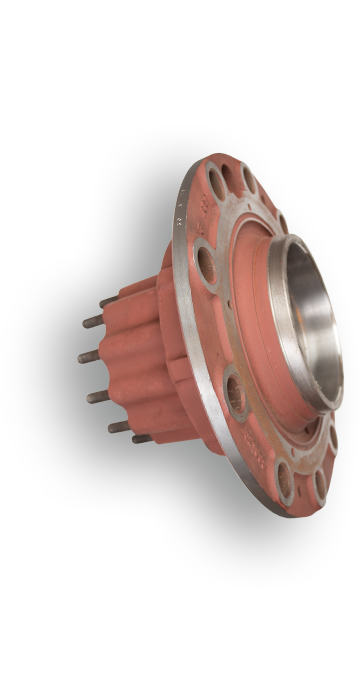Kent-based independent operator, Go-Coach, has become the latest bus company in the UK to trial an electric bus, as manufacturers and fleets respond to the pressing need to reduce vehicle emissions.
A customer of leading bus and coach parts distributor, Imperial Engineering, Go-Coach is trialling a 9.2-metre, 31-seater Solo EV model, which is on a long loan from Optare. Operating from Sevenoaks town centre on a designated route, the bus has a range of 120 miles, which costs under £10 in electricity to fully recharge overnight at Go-Coach’s Otford depot.
Austin Blackburn, Managing Director of Go-Coach, which started operations in 2008, said: “This is emerging new energy technology that we need to embrace. I am pleased that we could secure the use of the bus and show the people of Sevenoaks what future bus travel has in store. I would encourage people to give it a try”.
At the moment, the bus trial is being supported financially by Sevenoaks Town Council but Go- Coach, which carries over 5,000 people daily across 46 routes, said it hoped this initiative would mark the start of a switch towards a fully electric fleet in the future.
John Dwight, Sales Director of Imperial Engineering, which supplies OE bus parts to Go-Coach, said:
“We applaud the decision of Go-Coach to embrace fully-electric transport as this will definitely help increase public perceptions regarding PSV travel, where there is a definitive benefit to passengers and wider society. As a market leader in the supply of brand new parts to the bus and coach sector, Imperial Engineering continues to expand its product range, which will ensure we respond efficiently to changes in the operator market with the uptake of more ULEV and zero emission models.”
Optare has shown it is fully committed to the introduction of emissions-free public transport with the unveiling of its ‘next generation’ Metrodecker and Metrocity all-electric buses at this year’s Euro Bus Expo. Both models have a range of more than 150 miles on a single charge with fully electric heating. The latest Metrodecker EV carries more than 94 passengers with an unladen weight of just over 11T and a GVW of only 18T. The Metrocity EV carries up to 60 passengers with an unladen weight of less than 9T and a GVW of 13T.
Robert Drewery, Commercial Director of Optare said: “Optare has been able to deliver a leap forward by building on its EV experience. Our lightweight monocoque space-frame design allows engineers to integrate the very best components to create electric buses that go further, carry more people and deliver the best possible bottom-line for operators without penalising passenger capacity, comfort and appeal. Improving efficiency always features highly in the minds of operators but this is imperative on the journey towards zero-emissions.”
Whilst electrified buses are more expensive than diesel-powered ones, a recent study found that all-electric units offer lower total cost of ownership, due to far cheaper fuel and maintenance costs. The falling cost of lithium batteries is also expected to make electric buses much more competitive than diesel by 2026, the latter which will have been largely outlawed from urban centres by this time across the EU.
In the UK, research by LowCVP (Low Carbon Vehicle Partnership) found that bus usage in cities is going up, due to ‘greener’, more convenient and better connected services. Its 2017 report entitled ‘Any Journey is Greener by Bus’, highlighted regions that have experienced the biggest growth in bus patronage. Areas such as Bristol (19% increase from 2009/10 to 2015/16), Reading (17%) Milton Keynes (15%) and Oxfordshire (12%) have all benefited from investment and prioritisation by local councils in making public transport more sustainable. Because they serve fixed routes, making them ideal for ‘electrified vehicle pathways’ where charging stations can be set up at bus stations and built into the schedule, electric buses make a lot of sense for local councils, not to mention the environmental health benefits.
